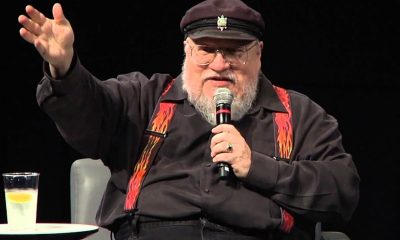Editorial
How was Littlefinger different in the books? George R.R. Martin discusses the character’s Machiavellian nature
In an interview with Alan Yentob, Martin explores the differences between Littlefinger in the books and the TV show, highlighting his Machiavellian traits.
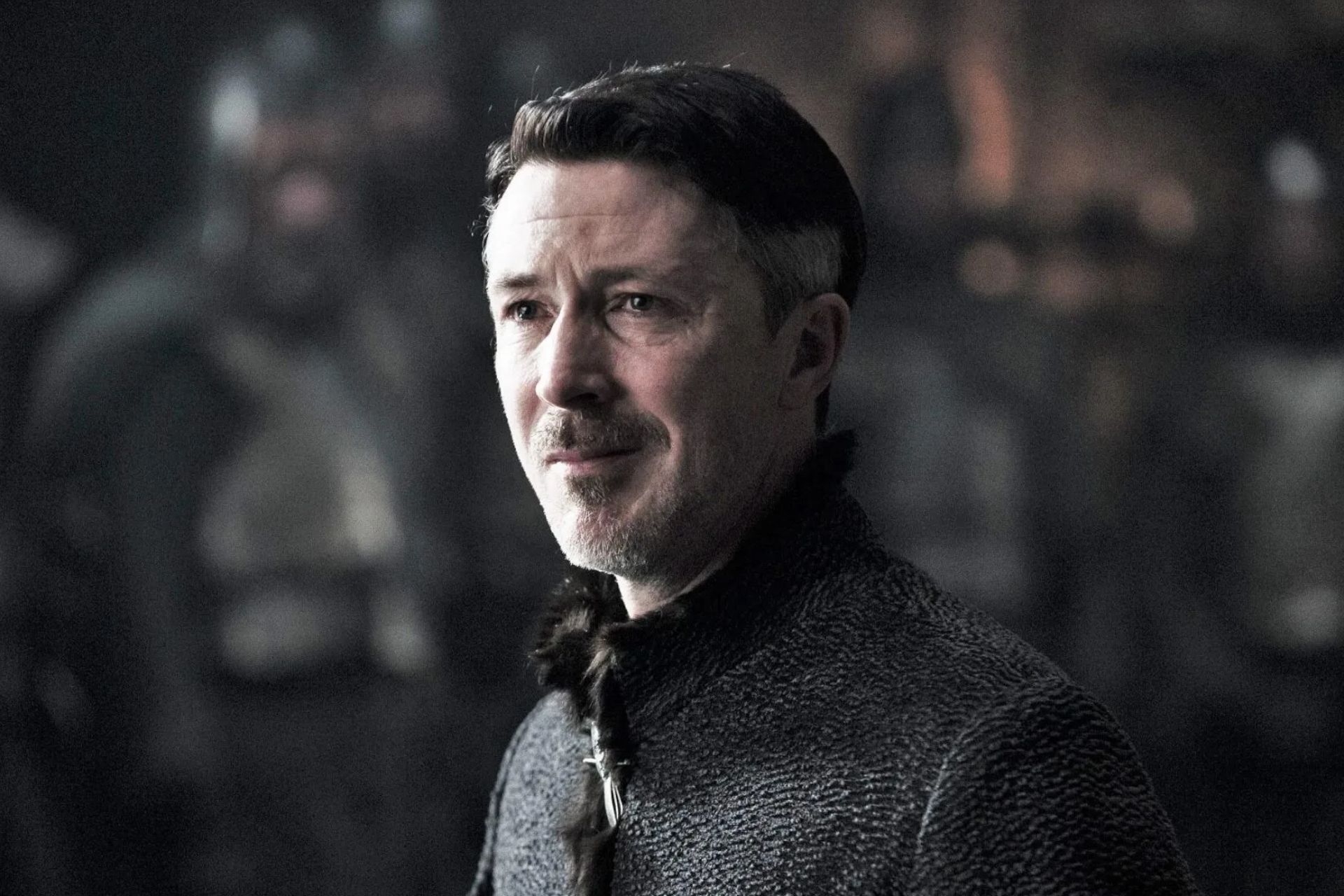
George R.R. Martin on the Machiavellian nature of Littlefinger
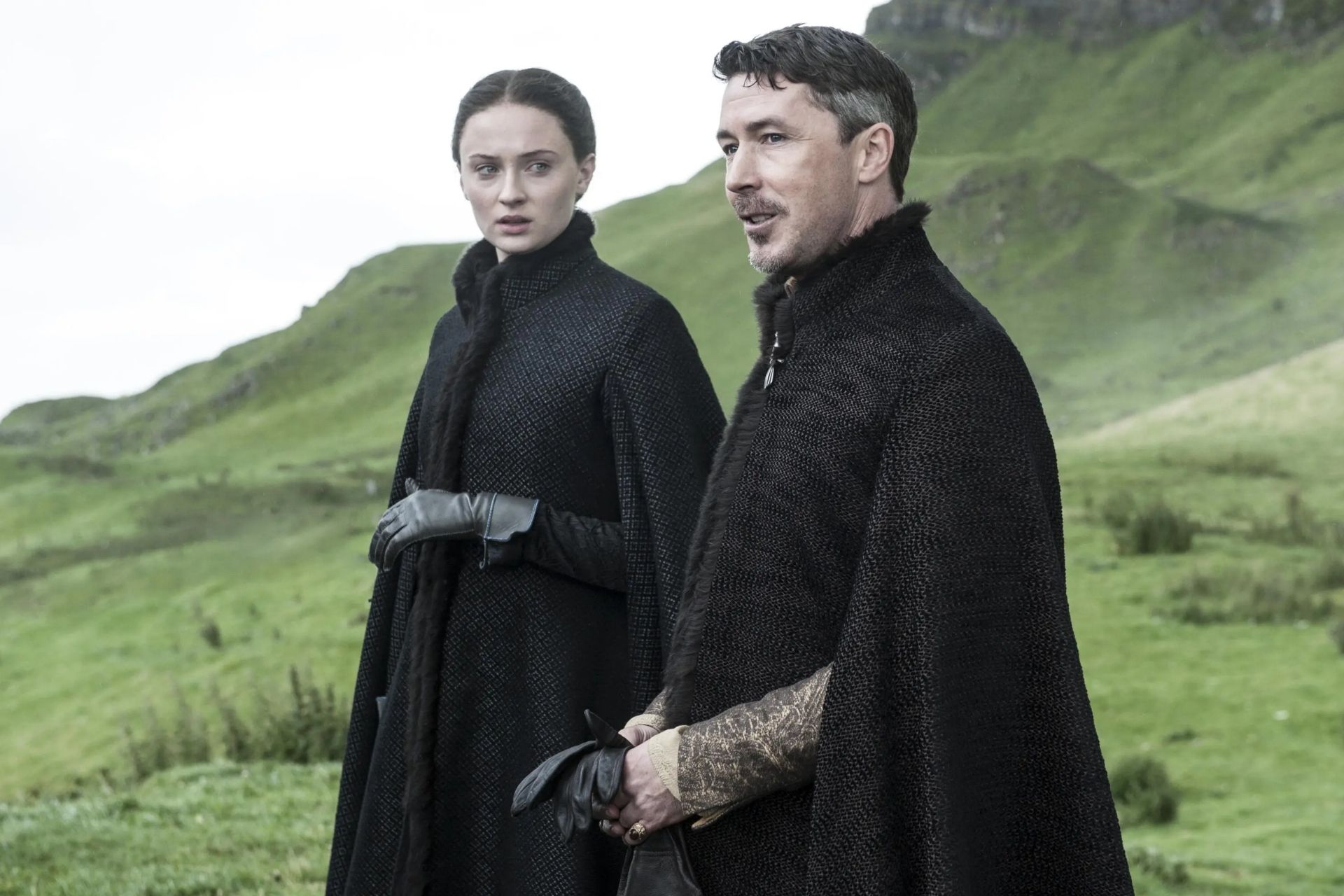
Credits: HBO
In the interview, Martin discusses how Littlefinger embodies Machiavellian traits. Niccolò Machiavelli was an Italian Renaissance political philosopher best known for his book, The Prince, which promotes the idea that rulers should do whatever is necessary to maintain power, even if it requires ruthless and manipulative actions. Littlefinger is a prime example of this philosophy. Born into a small, weak noble house, Petyr Baelish’s rise to power in King’s Landing is all about cunning, manipulation, and financial acumen. Despite having humble origins, Baelish uses subtlety and skill to outmaneuver more powerful families. Martin says:
“I think some of the most Machiavellian characters in Game of Thrones are those who aren’t born to the great families. A character like Petyr Baelish (Littlefinger), who is the treasurer, or Master of Coin as we call it, of the realm when the books open. Although he’s born to a noble house, it’s a very weak noble house. His lands are a few acres and a kind of run-down tower house and he has a lot of sheep, and that’s his inheritance.”
Baelish’s journey to power began in his small family home in the Vale. House Baelish, a poor family with no notable lineage, had little to offer. But through a combination of cunning and luck, Petyr was able to ingratiate himself with House Tully. He befriended Catelyn and Lysa Tully, and through his relationship with them, he secured a position at the royal court in King’s Landing. Despite his small origins, Baelish rose to a position of power and influence due to his intelligence, financial prowess, and ability to form strategic alliances. Regarding Littlefinger’s rise, Martin said:
“He has his mind and he has subtlety, and he climbs and he maneuvers. He has great skill with finances, which is something that a lot of the higher-born nobles consider beneath them—worrying about money and stuff like that. So he’s able to accumulate more and more money and more and more power, befriending everyone. He’s everybody’s friend. He’s always very helpful, and people find him very useful to their schemes. As a result, he gets everybody’s ear. He gets involved in all these plots. He’s probably the most Machiavellian character in Game of Thrones.”
Baelish’s ability to play everyone in King’s Landing is what allowed him to climb the ranks of power. By appearing harmless and helpful, he gained the trust of figures like Ned Stark and the Lannisters. This trust allowed him to manipulate situations from the shadows and rise to the position of Master of Coin on the Small Council. Despite having no armies, no significant lands, or powerful allies, Baelish’s use of money and manipulation earned him a place at the top.
The difference between book Littlefinger and show Littlefinger
One of the most notable differences between the books and the TV show is how Littlefinger is portrayed. Martin points out that in the books, Baelish is far more trusted by others. In fact, one of his defining characteristics in the books is how everyone around him trusts him because he seems powerless, harmless, and always helpful. However, the TV show depicts him as a more overtly untrustworthy and menacing character. Martin says:
“But book Littlefinger and television show Littlefinger are very different characters. They’re probably the character that’s most different from the book to the television show. There was a line in a recent episode of the show where he’s not even present, but two people were talking about him and someone said, ‘Well, no one trusts Littlefinger, and Littlefinger has no friends.’ That’s true of television show Littlefinger, but it’s certainly not true of book Littlefinger. In the book, everybody trusts him. Everybody trusts him because he seems powerless, and he’s very friendly and he’s very helpful.”
In the books, Littlefinger uses his helpful and friendly demeanor to gain the trust of nearly everyone around him, from the Stark family to the Lannisters. He’s seen as a trusted ally, even though he’s secretly scheming to manipulate them for his own benefit. But in the show, his true motives are made much clearer, making him less of a shadowy figure and more of an obvious villain. Martin says:
“He helps Ned Stark when he comes to town, he helps Tyrion, he helps the Lannisters. He’s always ready to help raise money. He helps Robert, who depends on him to finance all of his banquets and tournaments and his other follies, because Littlefinger could always raise money. So he’s everybody’s friend. But of course, there’s the Machiavellian thing. He’s not a threat, he’s just this helpful, funny guy who you can call upon to do whatever you want and to raise money. He ingratiates himself with people and rises higher and higher as a result.”
In both the books and the show, Baelish’s cunning nature and ability to manipulate those around him is what allows him to survive and thrive in the dangerous political landscape of Westeros. Martin’s portrayal of Littlefinger shows just how dangerous it can be to underestimate someone who appears weak but is actually playing a far more intricate game.
Read More: Author Larry Correia takes a dig at George R.R. Martin in his new book Heart of the Mountain
-
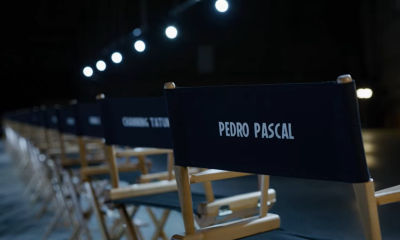
 News4 days ago
News4 days agoPedro Pascal is confirmed to be in Avengers: Doomsday
-
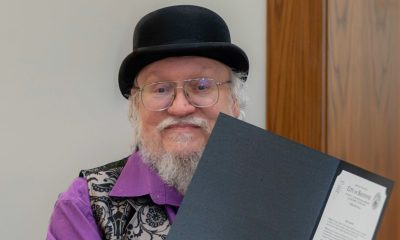
 Interview6 days ago
Interview6 days agoGeorge R.R. Martin says The Winds of Winter is “coming pretty well”, wishes to finish it faster
-
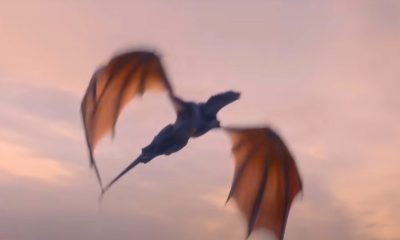
 Interview1 day ago
Interview1 day agoHouse of the Dragon showrunner teases new major characters in Season 3
-
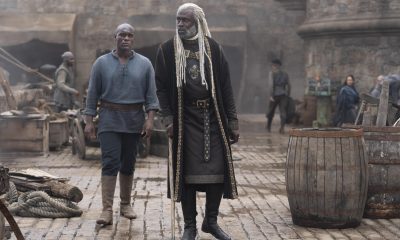
 Filming3 days ago
Filming3 days agoTumbleton and Battle of The Gullet sets being built right now for House of the Dragon Season 3
-

 Filming36 minutes ago
Filming36 minutes agoHouse of the Dragon Season 3 begins production today








